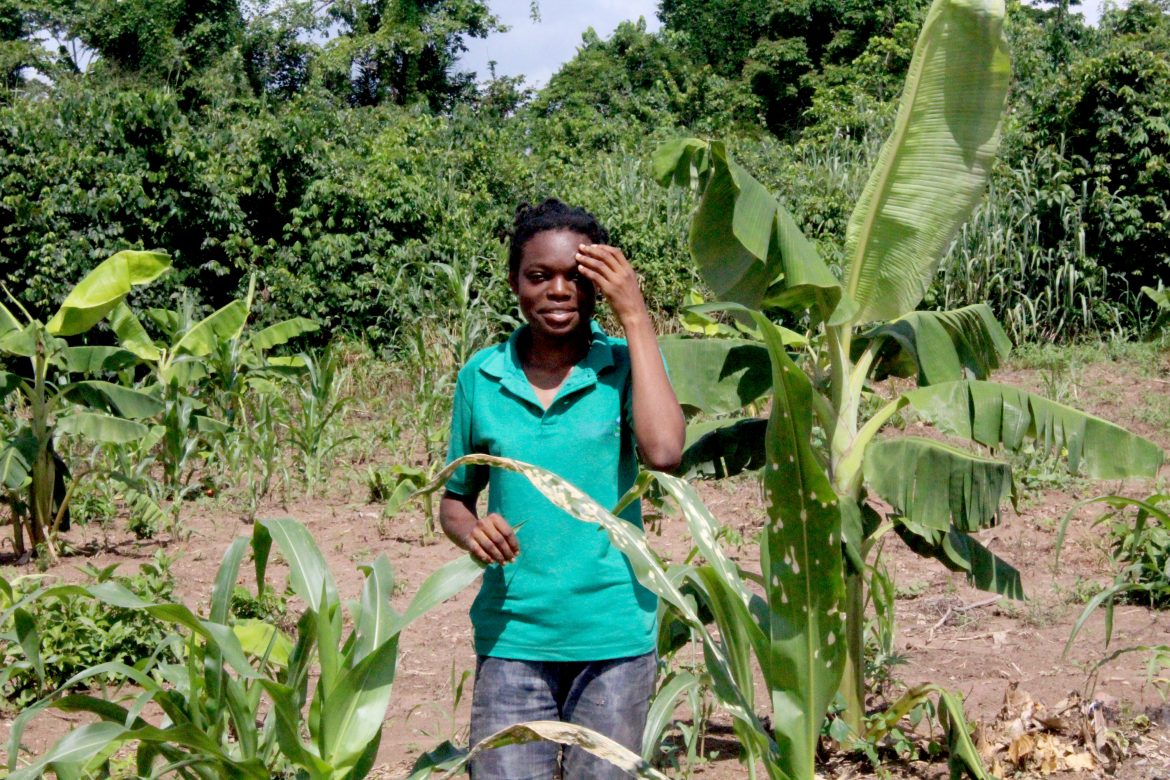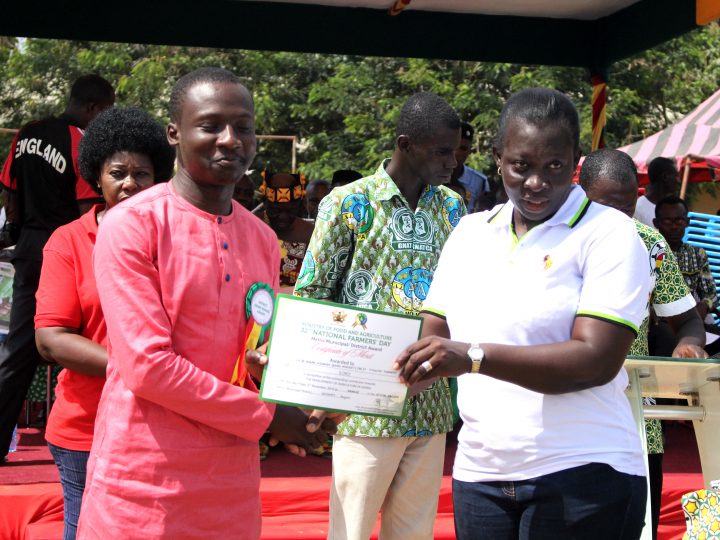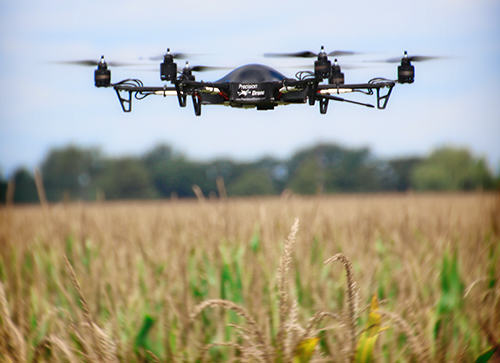
An African woman bent under the sun, weeding sorghum in an arid field with a hoe and a child strapped on her back is an intense image of rural poverty. For her large family and millions like her, the meagre bounty of subsistence farming is the only chance to survive. But others, women and men, have pursued different options to escape poverty. Some smallholders join producer organizations and contract with exporters and supermarkets to sell the vegetables they produce under irrigation. Some work as labourers for larger farmers who meet the scale economies required to supply modern food markets. Still others, move into the rural nonfarm economy, starting small enterprises selling processed foods.
While the worlds of agriculture are vast, varied, and rapidly changing, with the right policies and supportive investments at local, national, and global levels, today’s agriculture offers new opportunities to hundreds of millions of rural poor to move out of poverty. Pathways out of poverty open to them by agriculture include smallholder farming and animal husbandry, employment in the “new agriculture” of high-value products, and entrepreneurship and jobs in the emerging rural, nonfarm economy.
Each one of us – with women, men and non-binary people joining forces – can be a leader within our own spheres of influence by taking bold pragmatic action to accelerate gender parity. Through purposeful collaboration, we can help women advance and unleash the limitless potential offered to economies the world over.
It is a truism that farming systems around the world have evolved over the years to shape there suitability to both internal and external factors around them. But the World Economic Forum has predicted that the gender gap will not close entirely until 2186. This is too long to wait. Around the world, IWD can be an important catalyst and vehicle for driving greater change for women and moving closer to gender parity. A major factor affecting farming systems is change in climatic conditions. Research has it that, Africa is one of the most vulnerable Regions in the world to climate change.
Climate has affected the availability of water, where and when crops can be grown, the availability of pastures for grazing, the distribution and abundance of animals and plants, and the potential for using wind and solar energy for agricultural practices.
Beyond this, women have been the driving force behind African agriculture. This year, efforts on International Women’s Day 2017 and beyond should take a ground-breaking action that truly drives the greatest change for all women of race and colour.
The costs of hunger and malnutrition fall heavily on the most vulnerable. 60% of the hungry in the world are women. Every human being has a fundamental right to be free from hunger and the right to adequate food. There is evidence that reliable and regular social protection schemes can help poor communities to overcome financial constraints and manage risks that usually discourage them from pursuing higher returns. When implemented on a large scale, social protection systems can also contribute to an overall reduction of the poverty gap, empowering families and communities. We have urgent work to do, this IWD 2017 and beyond. Doing this is not a matter of if or can, but when.





